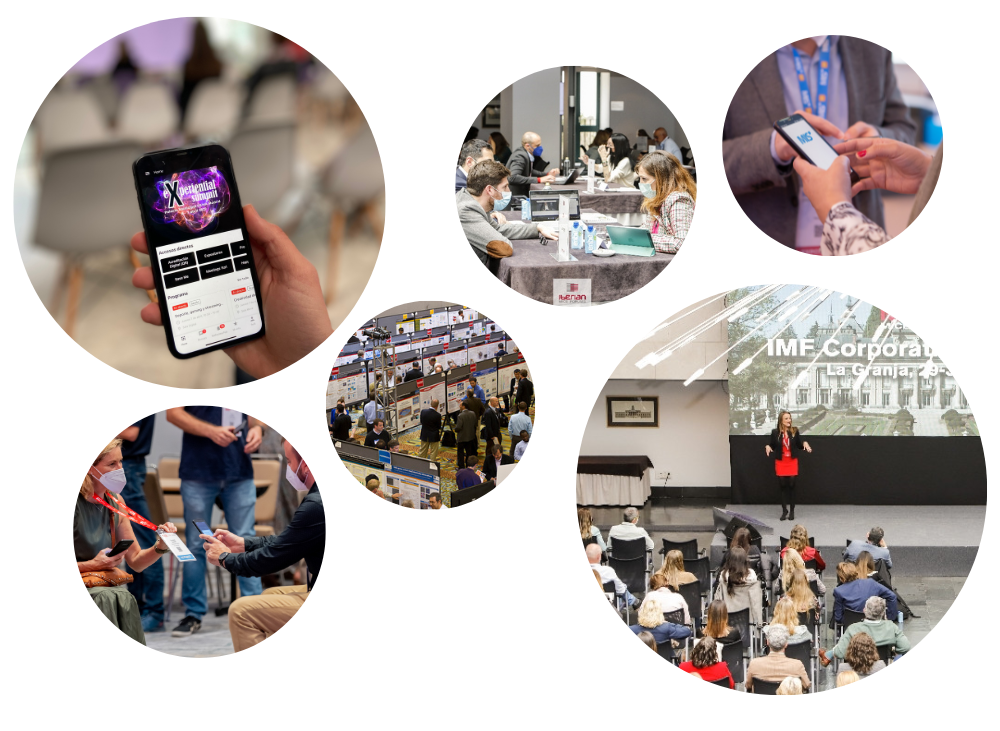Índice de contenidos
In an increasingly digitized world, monetising online events has become a vital strategy for organizers and businesses looking to generate revenue while reaching global audiences. In this article, we’ll discuss effective strategies for monetising online events, from ticket sales to implementing sponsorships and more. Find out how to transform your online event into a solid and sustainable revenue stream.
The evolution of online events and their monetary potential
With the growth of global connectivity, online events have gained popularity as an efficient and accessible way to reach audiences around the world. This transition to the virtual has not only democratized access to events, but has also opened new doors for monetisation. From webinars to live concerts, the monetary potential of online events is vast and varied.

Key strategies for monetising online events
Ticketing and premium access
Offer different levels of access, with standard tickets and premium options that provide additional benefits, such as access to exclusive content or VIP sessions with presenters. This strategy not only generates direct revenue, but also creates a sense of exclusivity.
Sponsorships and strategic alliances
Seek sponsors and strategic partners who are interested in reaching your audience. Offer branding, advertising and event participation opportunities in exchange for additional funding or resources. This collaboration can be beneficial for both sponsors and your event.
Selling products and services
Use the event as a platform to promote and sell your own or your partners’ products or services. Organize virtual exhibitions or include direct purchase links during broadcasts to facilitate sales.

Lead generation and business opportunities
Use the event as an opportunity to generate qualified leads and business opportunities. Collect contact information during registration or through interactive activities during the event, and then use these leads for future sales and marketing.
Economics and events: driving profitability and growth
Economics plays a critical role in the planning and execution of events as it affects both the costs and revenues associated with each activity. In this section, we will explore how economics influences the profitability of events and how organizers can leverage this relationship to drive growth and financial success.
Economics plays a critical role in event planning and execution, as it affects both the costs and revenues associated with each activity.

Economic impact of events
Events have a significant impact on the local and global economy. From tourism revenue generation to job creation in related sectors such as hospitality and transport, events can drive economic activity and promote socio-economic development.
Cost-benefit analysis
A thorough analysis of the costs and benefits associated with organizing an event is essential. This includes the assessment of production, promotion and logistics expenses, as well as the projection of potential revenues from ticket sales, sponsorship and sales opportunities.
Pricing strategies and profitability
Proper pricing is key to maximizing the profitability of an event. Organizers should consider factors such as market demand, the perceived value of the target audience and competition in the industry to determine the optimal price for tickets and other event-related products or services.

Economic innovation in events
Innovation plays a crucial role in optimizing the profitability of events. From implementing advanced technologies to reduce costs and improve operational efficiency to creating new experiences and business models, economic innovation can help organizers differentiate themselves and stand out in a competitive market.
Long-term economic impact
In addition to the immediate benefits, events can have a long-term economic impact on host communities. This includes strengthening destination branding, improving infrastructure and attracting additional investment in key sectors such as tourism, technology and education.
Related blogs:

